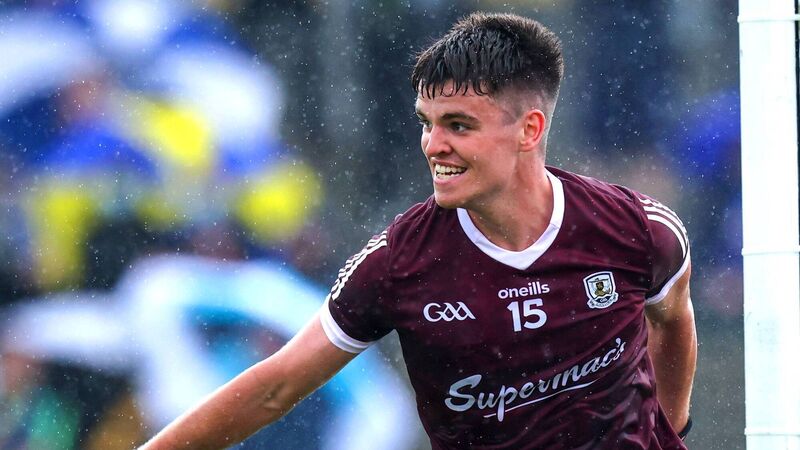Éamonn Fitzmaurice: The football championship format I’d like to see

Galway’s Paul Kelly celebrates scoring their first goal against Roscommon in the Connacht SFC semi-final at Dr Hyde Park. Picture: Ryan Byrne/INpho
Try from €1.50 / week
SUBSCRIBE
Galway’s Paul Kelly celebrates scoring their first goal against Roscommon in the Connacht SFC semi-final at Dr Hyde Park. Picture: Ryan Byrne/INpho
“Revolution devours its children” — Jacques Mallet du Pan
The second weekend of the football Championship and we are down 14 teams who will, all going well, get to return to competitive action in six months. Cruel doesn’t cover it.
Already a subscriber? Sign in
You have reached your article limit.
Annual €130 €80
Best value
Monthly €12€6 / month
Introductory offers for new customers. Annual billed once for first year. Renews at €130. Monthly initial discount (first 3 months) billed monthly, then €12 a month. Ts&Cs apply.
Newsletter
Latest news from the world of sport, along with the best in opinion from our outstanding team of sports writers. and reporters
Newsletter
Latest news from the world of sport, along with the best in opinion from our outstanding team of sports writers. and reporters
Wednesday, February 11, 2026 - 10:00 PM
Wednesday, February 11, 2026 - 10:00 PM
Wednesday, February 11, 2026 - 10:00 PM
© Examiner Echo Group Limited